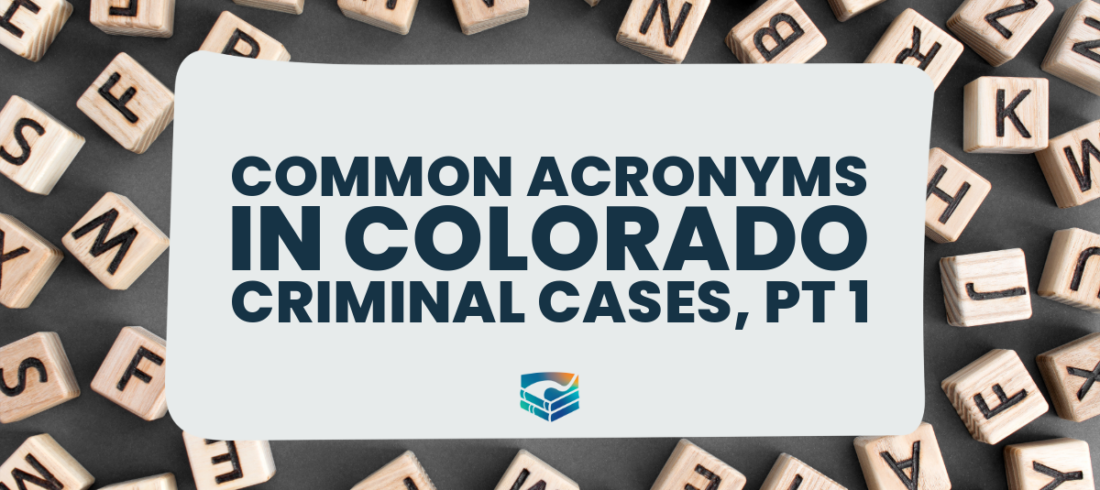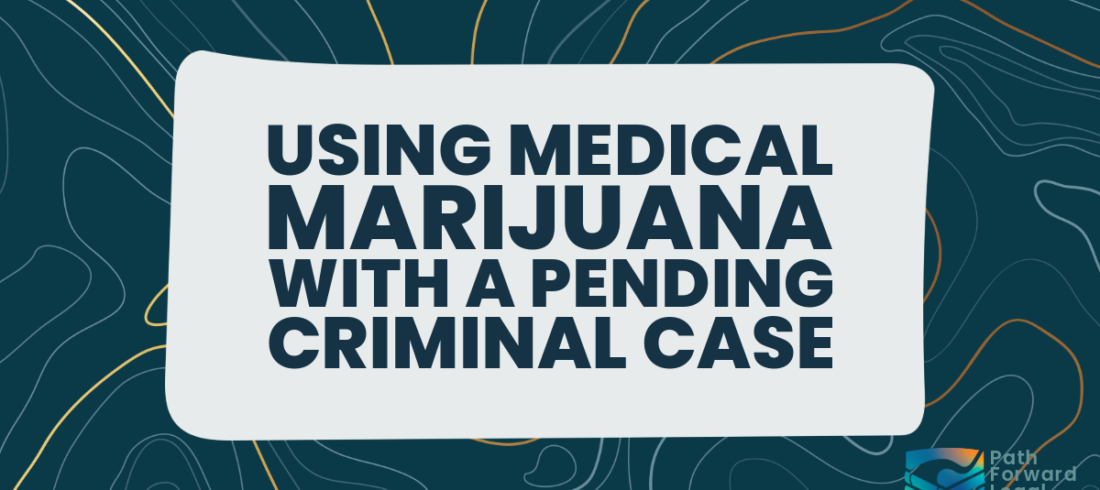Picture this: you’re driving through the scenic landscape of Colorado, enjoying the breathtaking views, when suddenly, you see flashing lights in your rearview mirror. You’ve been caught speeding, and now you’re facing the consequences of a Colorado speeding ticket. But do you fully understand Colorado’s speeding laws and how they apply to your situation? In this blog post, we will explore the ins and outs of Colorado’s speeding laws, penalties, and the steps you can take to fight a Colorado speeding ticket.
Key Takeaways
- Colorado has three categories of speeding laws with varying penalties.
- Speeding tickets are categorized into two primary groups, with unique penalties and consequences based on the speed of the violation.
- Drivers in Colorado can face license suspension for accumulating too many points within a specified time frame. An attorney may help you fight or dismiss a ticket.
Overview of Colorado’s Speeding Laws
Colorado’s speeding laws can be divided into three major categories: basic speeding law, presumed speed limits, and absolute speed limits. Each category carries its own penalties and consequences, depending on the extent of the speeding violation and other factors, such as whether you were caught speeding in a construction zone.
Grasping the differences between these categories is key to comprehending the legal implications of a speeding ticket in Colorado.
Basic Speeding Law
Basic speeding law in Colorado is based on driving at a reasonable and prudent speed, considering the current conditions. This means that drivers must maintain a safe speed, considering factors such as traffic, weather, and road conditions. Violating the basic speeding law may result in a traffic ticket, with penalties depending on the severity of the offense.
For example, more severe consequences await those who drive 25 mph or more over the speed limit, as it’s deemed a criminal traffic offense.
Presumed Speed Limits
Colorado’s presumed speed limits represent the “presumption” of a safe speed under different circumstances. In other words, if you exceed a presumed speed limit, the law assumes that you were driving at an unsafe speed and violating the law.
Colorado’s presumed speed limits include the following, unless other speed limits are posted in the area:
- 25 miles per hour on narrow, winding mountain highways or blind curves
- 25 miles per hour in business districts
- 35 miles per hour in residential districts
- 45 miles per hour on open mountain highways
- 55 miles per hour on open state highways, and
- 65 miles per hour on surfaced, four-lane interstate highways.
Absolute Speed Limits
Absolute speed limits in Colorado are non-negotiable, predetermined speeds that drivers must not exceed, especially on winding mountain highways. For example, the maximum lawful speed limit on most highways is 75 mph. Violating an absolute speed limit will result in a speeding ticket, with penalties increasing with the severity of the violation.
Getting caught driving over the speed limit can lead to a traffic offense charge. The penalties depend on the speed you were going over the limit.
Speeding Ticket Categories and Penalties
In Colorado, speeding tickets are categorized into two main groups: Class A Traffic Infractions and Class 2 Misdemeanor Traffic Offenses. Class A Traffic Infractions involve speeding violations of 24 mph or less over the posted speed limit, while Class 2 Misdemeanor Traffic Offenses involve violations of 25 mph or more over the limit. Each category brings unique penalties and consequences, which will be detailed further below.
Class A Traffic Infractions
A Class A Traffic Infraction occurs when a driver exceeds the posted speed limit by 1 to 24 mph. Penalties for Class A infractions vary depending on how much over the limit the driver was caught. A conviction generally carries the following penalties:
- 1 to 4 miles per hour over the limit. Fines and surcharges total $36.
- 5 to 9 miles per hour over the limit. Fines and surcharges total $80, 1 point.
- 10 to 19 miles per hour over the limit. Fines and surcharges total $151, 4 points.
- 20 to 24 miles per hour over the limit. Fines and surcharges total $232, 6 points.
The penalties could escalate further if the speeding takes place in a maintenance, repair, or construction zone.
Class 2 Misdemeanor Traffic Offenses
Class 2 Misdemeanor Traffic Offenses involve speeding violations of 25 mph or more over the posted speed limit. These offenses carry more severe penalties than Class A infractions, including higher fines and jail time. In Colorado, driving 25 mph or more over the limit is considered a criminal traffic offense, with penalties depending on the severity of the violation.
Speeding 20-39 mph over is a 6 point violation while speeding 40 or more mph is a 12 point violation.
A driver caught speeding 25 mph or more over the limit can face a fine between $150 and $300, as well as possible incarceration of 10 to 90 days. While judges typically refrain from imposing jail time for these offenses, the possibility of a jail sentence remains. As with Class A infractions, penalties may be more severe if the speeding occurred in a construction zone or if other traffic violations were committed.
Reckless and Careless Driving
Reckless driving in Colorado is defined as as operating a vehicle with “a wanton or a willful disregard for the safety of persons or property.”
A lesser offense is Careless Driving, which is defined as operating a motor vehicle without due regard for the road and surroundings.
Reckless and careless driving are generally Class 2 misdemeanors with fines and potential penalties that depend on the circumstances of the offense.
Colorado’s Point System and License Suspension
In Colorado, a point system is used to track traffic offenses committed by licensed drivers, with points accumulated based on the severity of the infraction. If a driver accumulates too many points within a specific time frame, their driving privileges may be suspended.
The point thresholds triggering license suspension hinge on the driver’s age. Adults aged 21 and above risk suspension if they amass 12 points within 12 months or 18 points within 24 months. However, for drivers aged 16 to 18, the limit reduces to 6 points within 12 consecutive months or 7 points for the duration of the driver’s license.
Point Accumulation
The point accumulation for speeding violations in Colorado is generally proportionate to the speed at which the driver was traveling. In other words, the higher the speed, the more points are assessed.
For example, if a driver is caught speeding 20 to 24 mph over the limit, they may be assessed 6 points on their license. This point system is designed to penalize drivers who consistently commit traffic violations and pose a higher risk on the road.
License Suspension Consequences
License suspension in Colorado can bring severe, enduring consequences. Depending on the number of points accumulated and the timing of their acquisition, a hearing officer may impose a license suspension. The presumptive suspension period is six months, with a maximum of one year. The suspension duration can be adjusted based on aggravating and mitigating factors in the individual’s driving record.
Suspension consequences may include financial penalties, incarceration, and loss of driving privileges.
Fighting a Speeding Ticket in Colorado
If you feel that you’ve been unjustly accused of a speeding violation or wish to challenge the ticket, you can opt to contest it in court. This process can be complex and may require the help of a traffic attorney to navigate the legal system effectively.
Legal Help and Traffic Lawyers
Traffic lawyers in Colorado can provide valuable help to drivers facing speeding tickets. We can guide you through the legal process, represent you in court if necessary, and help you fight your speeding ticket effectively. If you are summoned to a municipal court, we often can appear for you and resolve the ticket on your behalf.
Collaborating with a traffic lawyer can enhance your prospects of successfully challenging the ticket and help reduce potential penalties and consequences of the violation.
Summary
In conclusion, understanding Colorado’s speeding laws, penalties, and the legal process is crucial for drivers facing speeding tickets. By knowing the differences between basic, presumed, and absolute speed limits, as well as the categories of speeding tickets and their penalties, you can make informed decisions about how to proceed with your case. Whether you choose to fight your ticket with the help of a traffic lawyer or explore other options, it’s essential to be well-informed and prepared to face the potential consequences of a speeding violation.
Frequently Asked Questions
What is the penalty for speeding in Colorado?
In Colorado, a Class A traffic infraction for speeding can result in fines of $30 to $200 plus additional surcharges, while a Class 2 misdemeanor traffic offense carries a fine ranging from $150 to $300 and can include jail time of 10 to 90 days.
How many points is a 20 over speeding ticket in Colorado?
A 20 over speeding ticket in Colorado carries 6 points on your driver’s license, and a scheduled fine of $15 to $100 plus court costs and surcharges.
How do you get a speeding ticket dismissed in Colorado?
To have any chance of having your speeding ticket dismissed in Colorado, you need to plead “not guilty” and attend the scheduled hearing.
How much is a 1 point speeding ticket in Colorado?
A 1 point speeding ticket in Colorado can cost up to $150, depending on the location and severity of the violation. Additionally, court fees may also be assessed for certain violations.
What is the difference between basic, presumed, and absolute speed limits in Colorado?
Basic speed limits are based on a reasonable and prudent speed, while presumed speed limits are a “presumption” of safe speed under certain circumstances, and absolute speed limits must be strictly followed.



